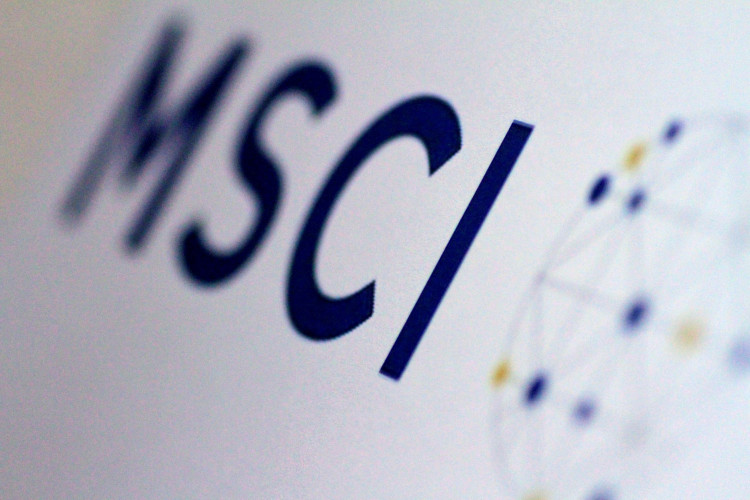Reuters - Asia stocks markets crept forward Friday in spite of Wall Street declines but struggled to make deeper gains as worries about a faltering economic recovery kept investors to the sidelines or seeking safer assets such as the yen.
Oil prices held overnight gains after The Organization of the Petroleum Exporting Countries flagged a crackdown on member states that didn't cut output. The dollar was back to nursing losses after a brief journey higher in the wake of Wednesday's Federal Reserve meeting.
MSCI's broadest index of Asia-Pacific shares outside Japan looked set to end the week 1% ahead following two weeks of technology company share losses. It rose 0.2% on the day while market moves around the region were small. Japan's Nikkei was 0.1% higher. The ASX 200 was flat while stocks in Shanghai, Hong Kong and Seoul rose between 0.2% and 0.4%. U.S. stock futures were soft, with S&P 500 futures down 0.2%. However, Nasdaq 100 futures turned positive by the middle of the Asia session to trade 0.07% higher.
"The bigger picture issue is that markets, particularly growth and tech stocks, have run very hard into the end of August, which has left them somewhat vulnerable," said AMP Capital chief economist Shane Oliver.
"There's uncertainty ahead of the U.S. elections...China-U.S. tensions keep creeping in and on top of that there's now uncertainty about how the recovery will proceed from here in the absence of more stimulus in the U.S."
Overnight data showed recovery in the U.S. labor market stalling and Wall Street indexes fell for a second straight session amid disappointment that Federal Reserve made no new monetary easing commitments at its meeting this week.
The S&P 500 ended down 0.84%, and the Nasdaq dropped 1.27%. The Nasdaq's losses put the index down roughly 10% from a record high hit early in September and have it tracking for its worst month since March.
"Unlike June, there is more fear of a deeper correction," analysts at Singapore's DBS Bank said - since the Nasdaq is below its 50-day moving average, a technical support level, and the U.S. election is fast approaching.
"The landscape is more challenging compared to three months ago."
In contrast with Federal Reserve, the Bank of England made clear overnight that it is open to further aggressive easing and is looking closely at taking interest rates negative.
That dovish tone sent the pound sharply lower before it recovered as the dollar weakened in the New York session.
The yen also rose overnight, shrugging off a dovish-sounding Bank of Japan to ride a softer greenback and a safety bid to a seven-week peak of 104.52 per dollar. It held there Friday, though some traders think it can rise further.
"The relative balance sheet trend between the Bank of Japan and Fed can contribute to downside pressure on dollar/yen," said Commonwealth Bank of Australia currency analyst Joe Capurso.
In commodity markets, oil held sharp gains after OPEC and its allies said the group will take action on members that are not complying with deep output cuts.
Brent crude futures were last 0.2% firmer at $43.39 a barrel and U.S. crude futures rose by the same margin to $41.04 a barrel.
U.S. Treasurys picked up where they left off, with yields on 10-year U.S. government debt at 0.6838% after concerns about possible inflation rises in the future helped reverse a bond rally in overnight trade.
Later Wednesday, U.S. consumer confidence data is due and Fed board member James Bullard is to make a speech on the challenges of the COVID-19 recovery, both at 1400 GMT.





